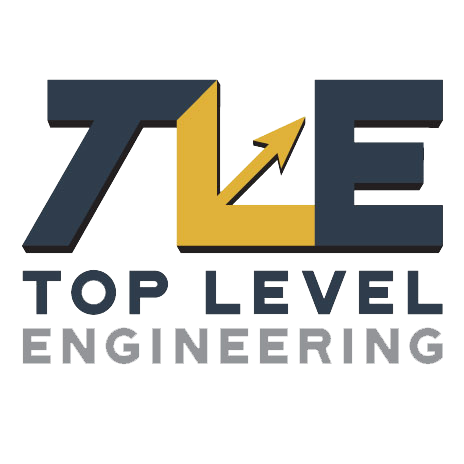Approximate Analytical Techniques
Approximate Analytical Techniques
Why Mastering Them is So Important for Structural Engineers
When analyzing and designing indeterminate structures today, most structural engineers are able to rely upon a variety of software programs to help them do the job quickly and precisely. However, possessing the ability to approximate an answer without the use of a computer – either onsite for a client or in order to help a colleague – is also an extremely important skill. Often times, an approximate answer “is all that is really needed at the time,” according to John A. Dal Pino and Larisa Enachi in their recent article “Approximate Structural Analysis” in the October 2021 issue of Structure magazine.
An approximate answer is often good enough
Arriving at the right or precise answer may take more time, effort or budget than an SE is allowed – and “an approximate answer to an indeterminate problem is good enough.” Dal Pino and Enachi postulate that mastering of these approximate analytical techniques are foundational to structural engineering, and being able to “cut through the clutter and get an answer that is ‘in the ballpark’” is essential – but often hard to teach.
Four structures that all SE’s should be able to approximate
Dal Pino and Enachi believe that SE’s must be able to assess what is working and what is not, using “handy and trustworthy tools.” They reference four different indeterminate structures that are regularly encountered in engineering practice – structures that even entry-level engineers should be able to assess using approximate analytical techniques. They include:
- Lateral analysis of a one-story, one-bay frames
- Gravity analysis of a one-story, two-bay frame with a pinned base
- Lateral analysis of a one-story, two-bay frame with a fixed base.
- Lateral analysis of a multi-bay, multi-story, slender high-rise frame
To learn more about the approximate analytical techniques SE’s can use to assess these structures, click HERE to read the article in its entirety.
An extremely useful skill
In short, an SE who can approximate answers to complicated problems adds a great deal of value – and such skills go a long way to engender good will among customers and other engineers. Being able to provide a quick answer, without having to go back to the office to “figure things out, ” is extremely useful. These basic skills, according to the authors, “never go out of style and are reliable tools if learned early and well.”
